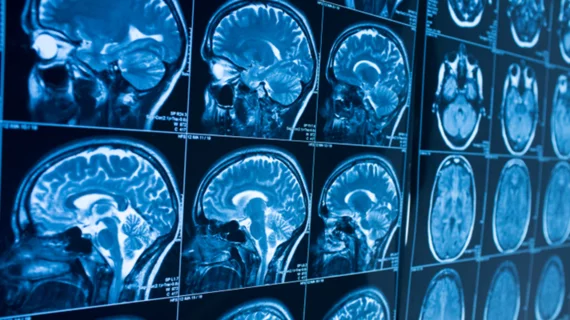AI system, physicians square off in imaging contest
In the latest man-versus-machine showdown, an artificial intelligence (AI) system faced-off against 15 top physicians from across China to see which could produce the most correct diagnoses in the least amount of time, Ecns.cn reported.
This time around, machine won out. The AI system, developed by the AI Research Center for Neurological Disorders and Capital Medical University at the Beijing Tiantan Hospital, achieved 83 percent accuracy in classifying brain hematoma expansion cases, compared to the 63 percent achieved by physicians.
Overall the system diagnosed 87 percent of 225 cases read in nearly 15 minutes, compared to 66 percent accuracy in 30 minutes achieved by the humans. The system may have won the battle, but it hasn’t won the war, said Paul Parizel, chair of radiology at Antwerp University Hospital in Belgium and a member of the jury for the contest.
"It will be like a GPS guiding a car. It will make proposals to a doctor and help the doctor diagnose," Parizel said. "But it will be the doctor who ultimately decides, as there are a number of factors that a machine cannot take into consideration, such as a patient's state of health and family situation."
Read the full story below.

